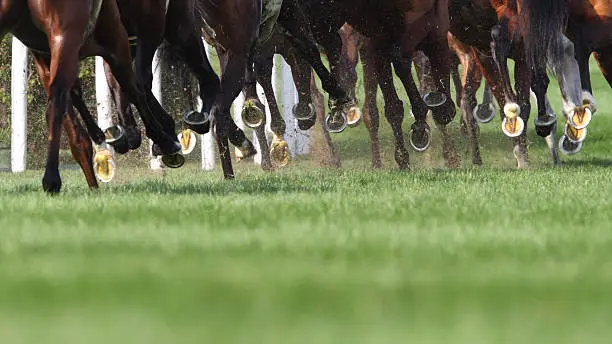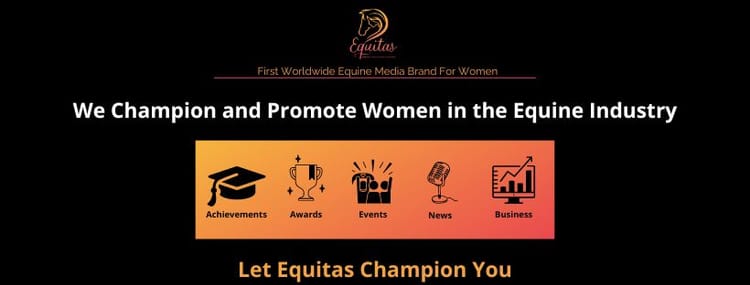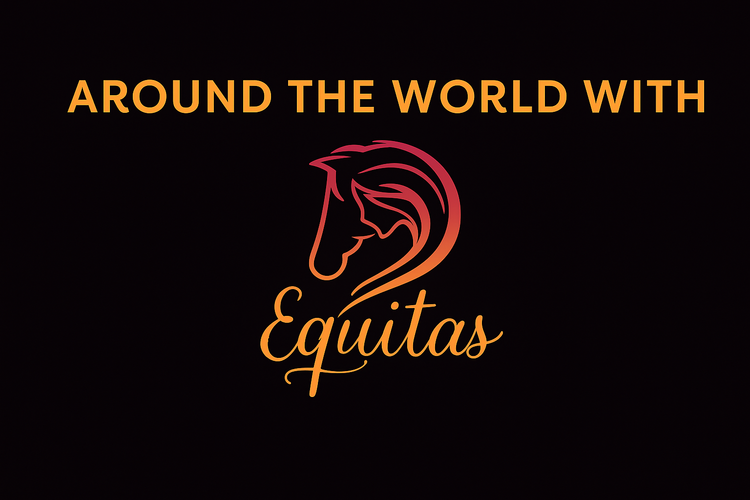The Debate Over Trainer Compensation for Media Interviews

The Professional Racing Association (PRA) has recently brought forward a proposal that has sparked discussion within the horse racing community. Representing over 170 trainers, the PRA is advocating for financial compensation for trainers who participate in media interviews during race meetings. This move, aimed at securing payment from media rights organisations, has led to discussion about the financial dynamics of the sport and the role trainers play in its promotion.
Understanding the PRA
The Professional Racing Association (PRA) is an organisation representing the interests of racehorse trainers in the United Kingdom. It was formed to ensure that trainers have a collective voice in discussions regarding racing regulations, financial structures, and industry-related matters. The PRA’s primary objective is to safeguard the welfare of its members and advocate for fair treatment within the sport.
Recently, the PRA has been at the forefront of a movement to secure monetary compensation for trainers who appear in televised interviews. The association states that, while jockeys are compensated for media appearances, trainers have historically been expected to provide their insights without financial recognition. The PRA seeks to change this arrangement.
The Proposal for Payment
The PRA is seeking an annual payment of approximately £500,000 from media companies, including Racecourse Media Group and Sky Sports Racing. Their plan, initially set for implementation on 1 February, would ensure that trainers receive financial recognition for their contributions to televised coverage. According to the PRA, this money would not go directly to trainers but would instead be allocated towards various industry funds, including the National Trainers Federation Benevolent Fund and Racing Welfare, which provide financial and mental health support for those working in racing.
PRA chairman Ralph Beckett and board member John Gosden have stated that trainers should not be expected to provide free publicity when other industry participants, such as jockeys, already receive compensation. They argue that trainers are integral to the sport’s narrative and deserve financial recognition for their time and insights.
Industry Reactions
The proposal has received differing reactions from various stakeholders within the racing industry. While some trainers support the initiative, others believe it could have unintended negative consequences.
Classic-winning trainer Hugo Palmer has expressed concerns that this move could harm the sport in the long run. He states that trainers have a responsibility to promote racing and that participating in media interviews is a fundamental part of their role. Palmer also states that diverting media funds towards trainer payments could reduce prize money, which would affect the broader industry.
The Thoroughbred Group, another organisation within horse racing, has also opposed the proposal. They have described the demand for interview payments as “divisive,” stating that it could create unnecessary fragmentation within the industry. Their stance is that the sport should remain united and focused on enhancing its overall appeal.
The Threat of a Boycott
Initially, the PRA had planned to enforce their demands by implementing a boycott of media interviews. Trainers who supported the initiative were expected to refrain from participating in televised interviews unless financial compensation was agreed upon. However, following internal discussions and pushback from certain quarters of the industry, the planned boycott was called off.
Despite stepping back from immediate action, the PRA has stated that this issue remains a priority. They continue to engage with media companies and racing authorities to negotiate terms that would provide trainers with financial compensation while maintaining the financial stability of the sport.
Implications for Horse Racing
The debate over trainer compensation for media appearances raises broader questions about financial structures within horse racing. Trainers play a role in the sport, offering expert analysis and insight that contributes to the viewing experience for audiences. Whether this contribution should be financially rewarded remains an ongoing discussion.
Some stakeholders argue that trainers’ expertise is a key component of racing broadcasts and should be compensated. They point to the precedent set by jockeys receiving payments for media appearances and suggest that trainers should be treated similarly.
Others have raised concerns that introducing trainer payments could set a precedent that might strain existing financial resources. If media companies are required to allocate funds towards trainer compensation, there is concern that these payments could come at the expense of other areas, such as prize money and racecourse investments.
The Road Ahead
As the industry continues discussions on this issue, the PRA is expected to maintain engagement with media companies to negotiate terms. However, with differing views among industry stakeholders, finding a resolution that satisfies all parties may be challenging.
The outcome of these discussions could influence future relationships between trainers, media organisations, and the broader racing community. If a compromise is reached, it could set a precedent for financial arrangements within the sport. Alternatively, if the proposal is not accepted, further discussions may be required regarding the value of different roles within horse racing and how they should be compensated.
This debate highlights the financial landscape of horse racing and the efforts by various groups to establish a model for the industry’s future.




